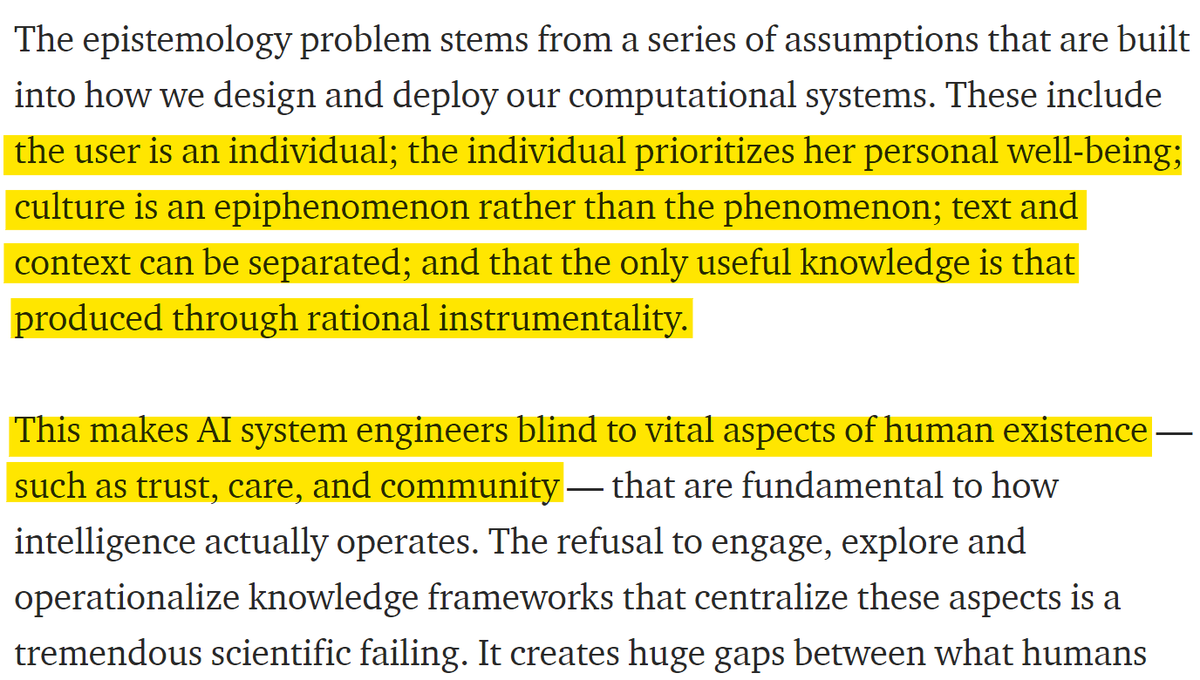
One depressing aspect of the pandemic is how countries refuse to learn from other countries. Within a country, states refuse to learn from other states. Many refuse to learn from history. Many believe in exceptionalism, that they won’t face what everyone else has. 1/
I still remember first seeing the images of tent hospitals in Lombardy and realizing that this could happen everywhere. Jeremy & I did a data analysis and wrote at the time 2/
https://twitter.com/jeremyphoward/status/1237047880214392832?s=20
There is a 100-year history of flu pandemics causing long-term neurological problems (tweet from March 2020) 3/
https://twitter.com/math_rachel/status/1238298625513377792?s=20
The 1918 flu pandemic was a mass-disabling event (links at bottom of thread) 4/
https://twitter.com/pookleblinky/status/1332874378711855105?s=20
Myalgic encephalomyelitis patients have been warning us for decades about post-viral disability & chronic illness (tweet from march 2020) 5/
https://twitter.com/jenbrea/status/1238988538844033024?s=20
Why is it so hard for countries to learn from each other and from history? My thoughts: 6/
1. Many people fundamentally don’t understand exponential growth and still can’t imagine it. They believe they can keep covid at a “manageable” level without extensive, multi-pronged interventions. 7/
2. Short-term thinking. The pain or inconvenience of the present (lockdowns, masking, etc) clouds out longer-term thinking (collapsed hospital system, widespread disability from long covid, deaths) 8/
3. If precautions help avert disaster, the precautions are then seen as unnecessary by many, b/c the warned-about disaster didn’t happen. 9/
4. Psychologically, many are unable to grasp their own mortality & vulnerability. They falsely believe because they have always been "healthy" in the past, they won't get long covid, they will never be disabled, they are invulnerable. 10/
This is also linked to myths around worth & disability: that the disabled must have done something wrong, that if they just changed their diet/tried yoga/found the right doctor/etc, they could recover. 11/
5. Science is messy & nuanced. "Let’s just get to 70% adults vaccinated!" (56% of population) is much catchier than "we need a multi-pronged approach of better ventilation, better fitting masks, rapid antigen testing, AND 90% vaccinated, including on sub-populations" 12/
Great article on the messiness of the scientific process, the difficulty of measuring things 13/
https://twitter.com/math_rachel/status/1255508269906440194?s=20
6. Wishful thinking. Many want their old lives back, and may misdirect their anger. Many have not had a way to process the trauma, grief, & anger of the last 18 months, nor reach acceptance that this is not 2019 anymore. 14/
7. Poor public health messaging. There has been some terrible public health messaging in the past 18 months (Only elderly will die! Repeated flip-flopping on masks. Still emphasizing hand sanitizer & ignoring ventilation), which has made all of this harder to grasp. 15/
• • •
Missing some Tweet in this thread? You can try to
force a refresh












